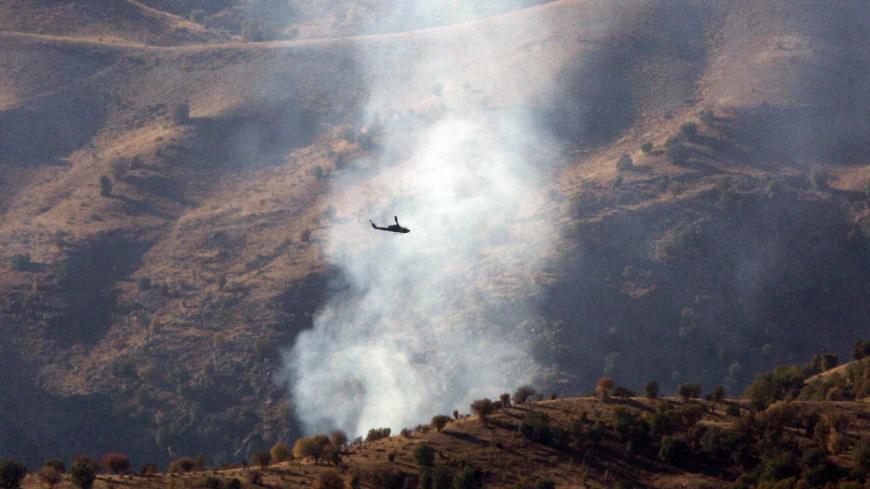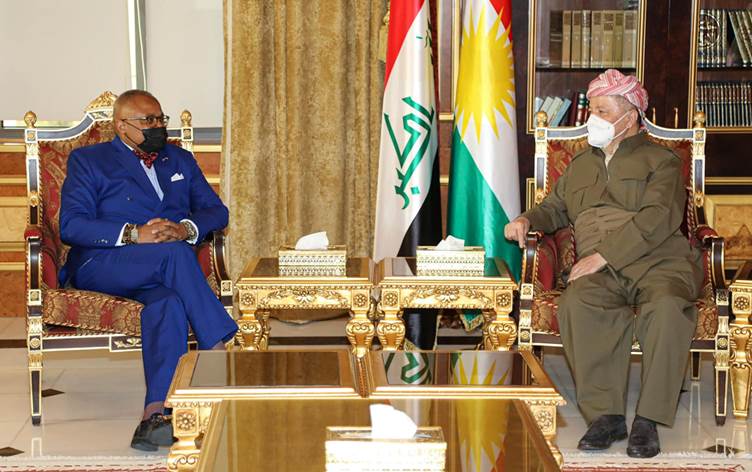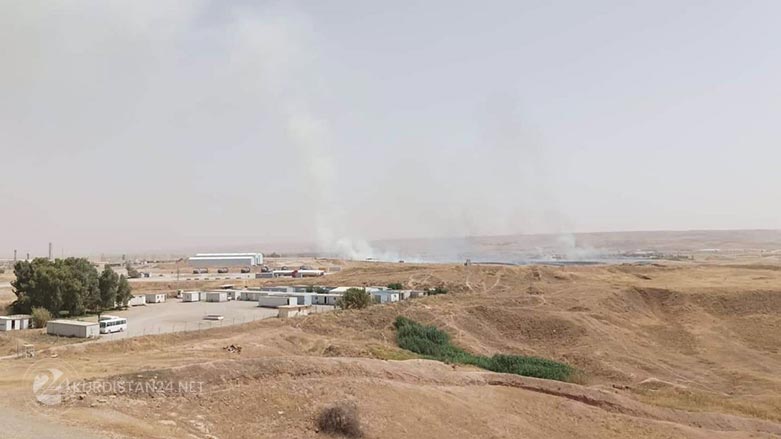Shkoi Kurdistan-
A Kurdistan Region official is warning of a potential water crisis should Iran not restore the flow of water to two of the Region’s main water reservoirs, five days after Tehran initiated a set of major irrigation and drainage projects in its western provinces.
“Iran has one hundred percent cut the flow of the Dukan water source,” Akram Ahmed, the head of the Kurdistan Regional Government’s (KRG) Dam Directorate said..
Ahmed added “the Darbandikhan water source [Sirwan river] has, too, been largely cut off. They have released a very small amount of the water.”
The two rivers are an important resource for the Region’s drinking water, fisheries, and irrigation for agricultural land.
“If this continues, it will create problems for the people of Kurdistan,” the official claims, adding that they have reached out to the Iranian Consulate General in Erbil, the KRG Department of Foreign Relations, and the relevant Iraqi government authorities in hopes of resolving the issue.
There are 17 dams in the Kurdistan Region, with the largest being the Dukan and Darbandikhan.
The Dukan dam contains four billion cubic meters, while the Darbandikhan dam 1.5 billion cubic meters, according to the Dam head.
“If Iran does not release the water, we will see a water shortage crisis,” he warned. “Because 90,000 people in Raparin take advantage of the [Little Zab] water.”
Iranian President Hassan Rouhani inaugurated a number of important water projects in the country’s western provinces of Ilam and Kermanshah, according to the Tehran Times.
This is not the first time that Iran has cut the flow of the waters into the Region. Iran has over the years established multiple dams on the waterways flowing into the Region, decreasing the flow of the water across the border.
KRG officials have said the Region has ample water resources itself– with lakes, rivers, and groundwater – but admit they have a management problem, saying water is not adequately stored, conserved, or protected from pollution.




